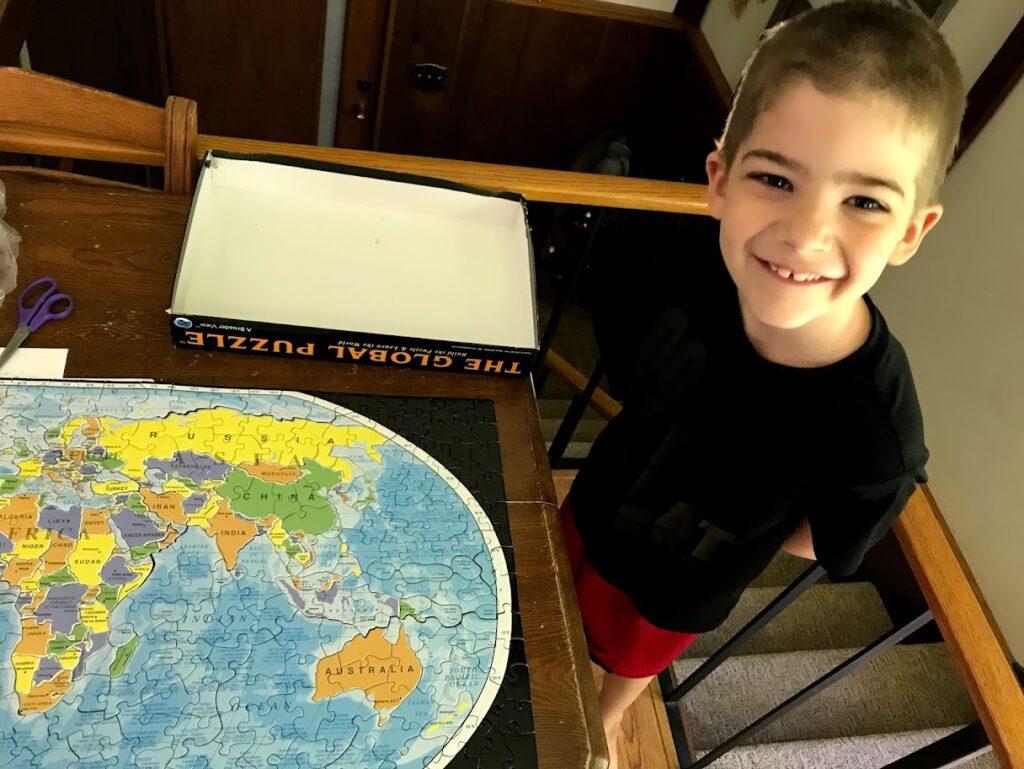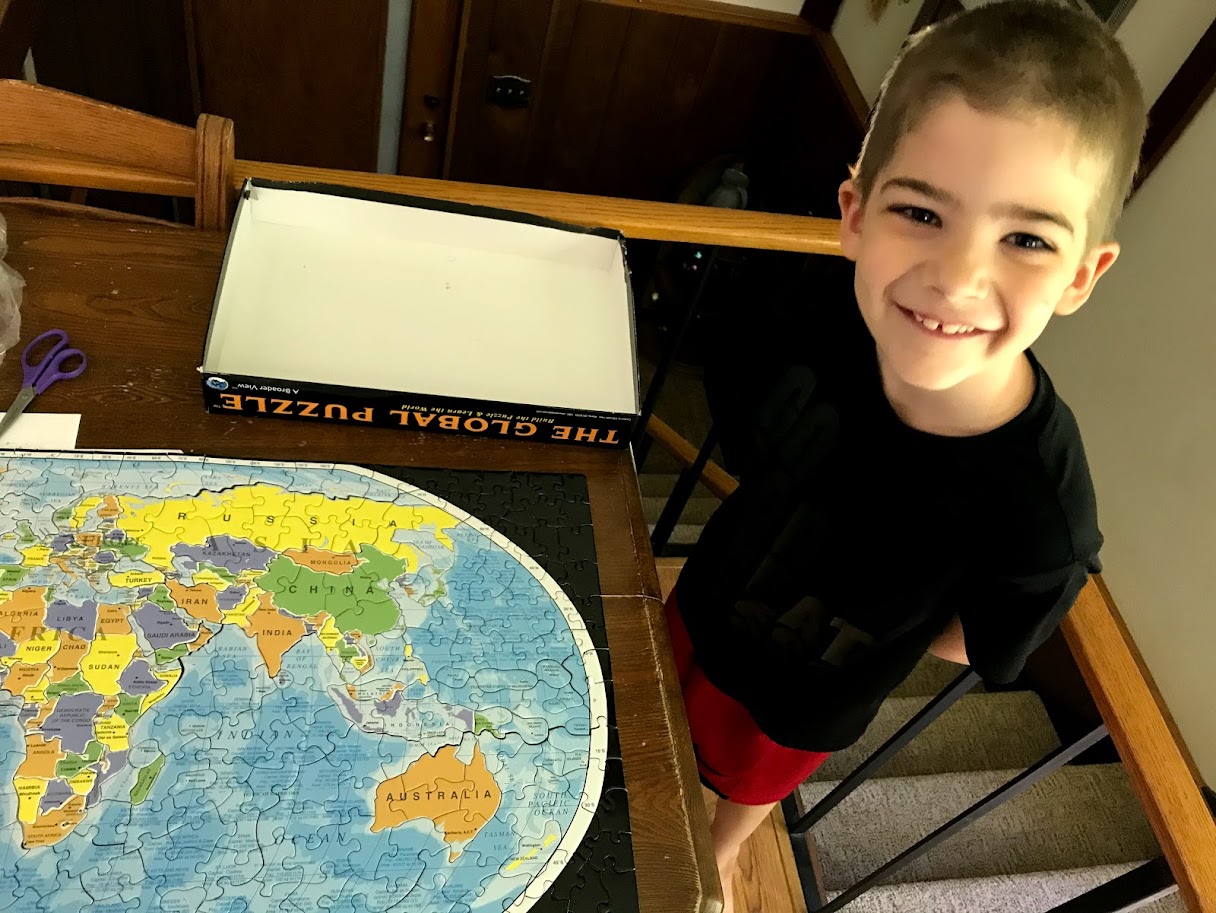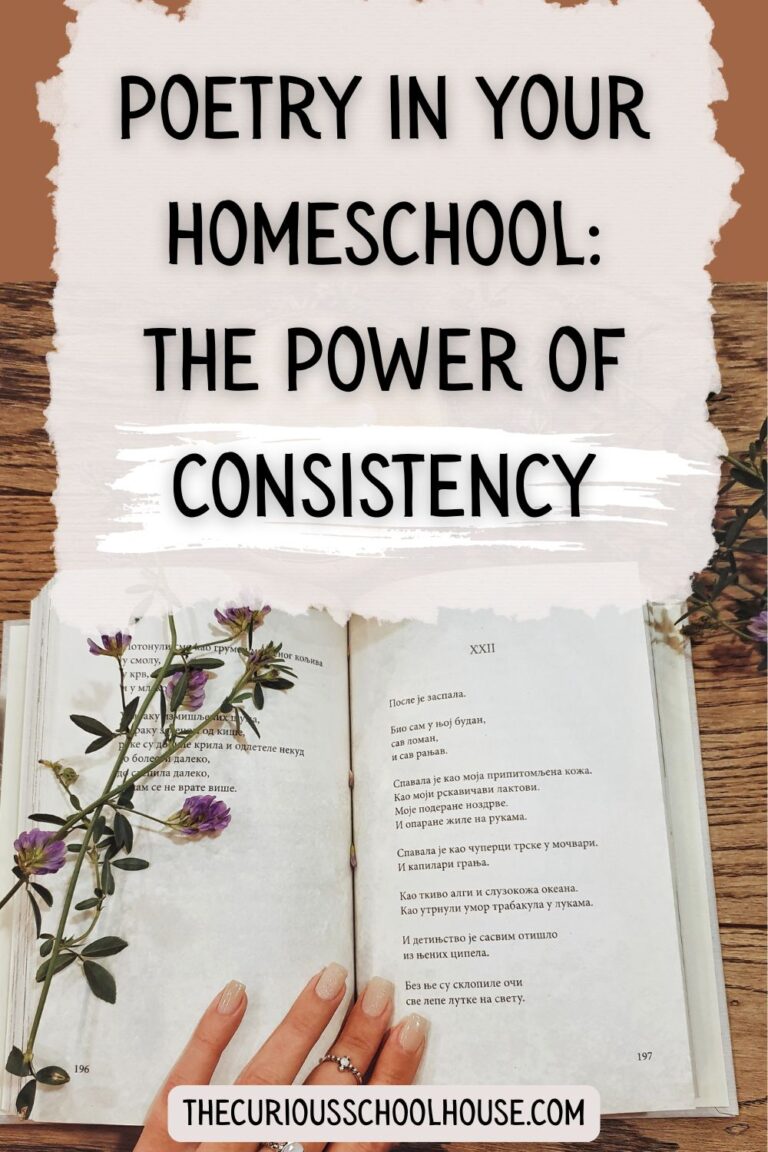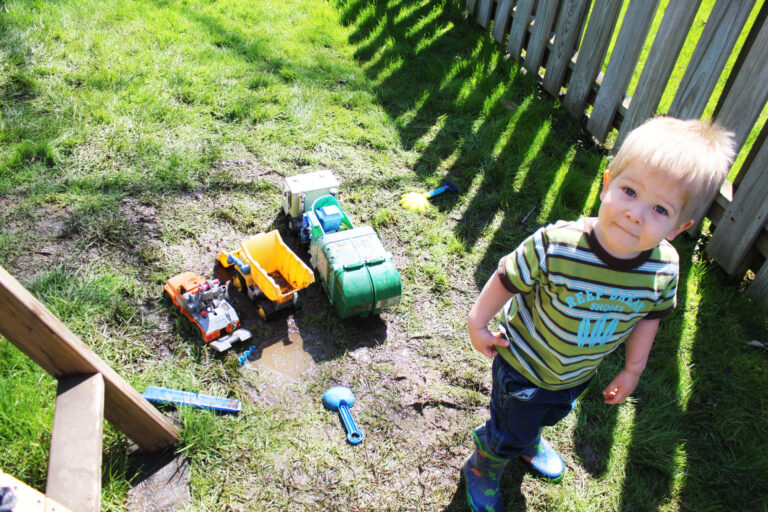Interest-Based Learning
I’ve never been a huge fan of unschooling but if all my kids were like my oldest I just might be converted. We affectionately call him the Absent-Minded Professor because he’s got a habit of obsessing over a single topic and learning everything he can about it, while at the same time forgetting minor details like putting on pants. In the process of watching him learn and explore areas of interest I’ve realized another big perk of homeschooling: your child has time to invest in the things they are passionate about.
(Actually I feel like most of the benefits of homeschooling have to do with time. More time together, less time doing busy work, more time to play, etc.)

Big Brother’s current love is Geography. We’ve been doing some geography work once a week throughout the whole last school year but he started showing more interest when we bought our first globe five months ago in January. He was fascinated with it and would spend hours sitting on the couch just reading and studying all the cities and countries. Then we took a road trip in March and he was very interested in watching the map and seeing exactly where we went. Since then, we dug out an old atlas for him to read, we’ve found some map books at the library, he’s examined every map in our children’s encyclopedia, and he worked hard to put together a fiendishly difficult world map puzzle at Grandma’s house (with adult help). I’ve printed blank maps off the internet for him to color in and label, bought a few geography workbooks which he loves to fill out, and most of all he has spent countless hours drawing maps. Maps of continents, maps of the US, maps of states, maps of countries… my dining room floor is constantly littered with maps. He now knows the countries of the world much better than I do and can rattle off the states of the US in alphabetical order faster than I can change a diaper (which, after four children, is pretty fast).
Several weeks ago the thought crossed my mind that if he were in public school he wouldn’t have time to do this. His quantity of free time would be much smaller and even if he still had this interest in geography, I guarantee he would not have been able to explore it to this same extent.
I also thought about what might have happened if I had just decided – apart from any interest on his part – that this month/week/year, he is going to learn and memorize all fifty states. How would it have gone? I’m sure he would have memorized them – eventually. But I would have had to spend a lot of time teaching, reviewing, trying to make it fun, explaining, etc – and he still might not have enjoyed it, nor remembered it. I know from experience (as well as from research I’ve read) that things you enjoy and are interested in stick in your mind a whole lot better than those you don’t care about.
So what happened here? Because of an intrinsic motivation and desire that Big Brother had, he taught himself a vast amount of information; and he did it more quickly and effectively than I could have ever done. My only job was to give him some materials, help him find the information when he needed it, and then to get out of the way. Charlotte Mason refers to this as “masterly inactivity” on the part of the teacher and it’s a powerful concept.

Note: when I saw this spark of interest in geography we didn’t immediately throw out all our other subjects so he could pursue it all day long. We continued on with reading, math, science, and the rest of our normal school days; but I tried to respect his interest and provide tools and time to let him learn more. Another Charlotte Mason idea is that of providing a child with a “feast” of delicious ideas: he will connect with some of them, while others may be less interesting to his personality, but the initial feast (which I take to mean our normal school day) is what provides him with ideas and thoughts to spark his interest.
I doubt I will ever switch to fully interest-based learning or an unschooling approach, but I think there’s great value in giving children the space to pursue what they love. Homeschooling gives the freedom and flexibility to do so, so why not take full advantage of that? If our children can teach themselves some subjects, and do it faster and more effectively than we can teach them – why not let them?
“Children do not need to be made to learn about the world, or shown how.
They want to, and they know how.”
~ John Holt
Originally written June 22 2020







